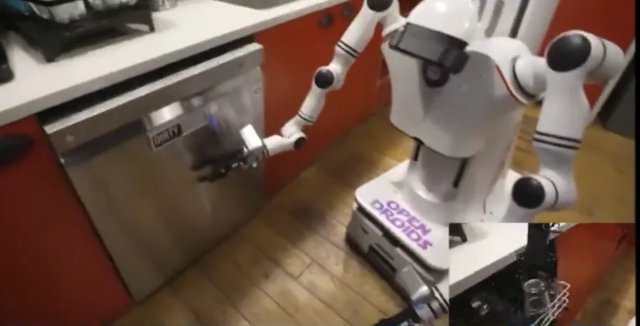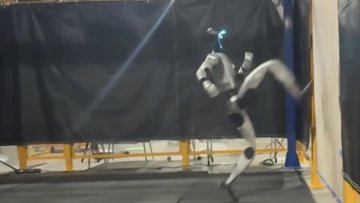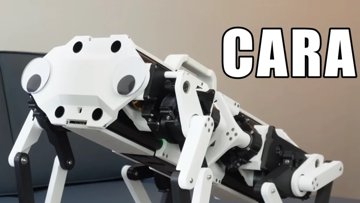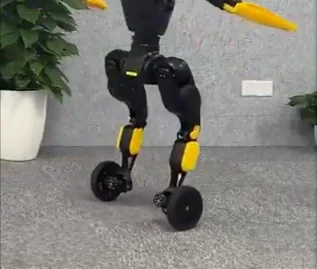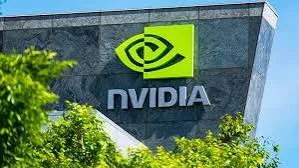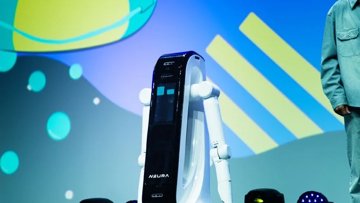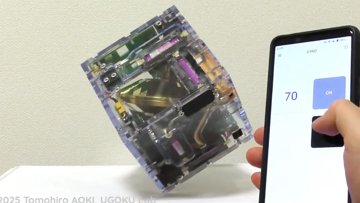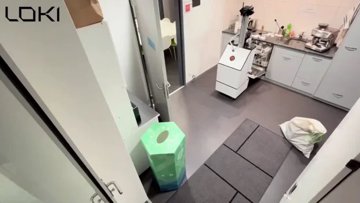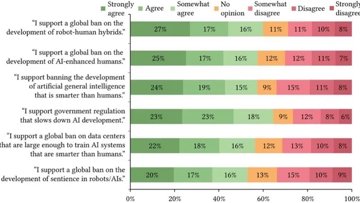The latest arena for robotic gladiators in the quest for silicon supremacy? Why, it’s none other than the humble kitchen sink, naturally. A plucky underdog, OpenDroids, has just lobbed a digital gauntlet across the internet, boldly claiming its bot can load a dishwasher at double the speed of the well-heeled 1x’s Neo android. This audacious claim, aired on X (formerly Twitter, for those still adjusting), comes dripping with that quintessential startup swagger: doing more with less, specifically, with a rather eye-watering “99.9% less funding.”
Now, this isn’t merely about sparkling clean plates; oh no, this is a high-stakes proxy battle for nimble digits and genuine household grunt. 1x’s Neo, the target of OpenDroids’ cheeky challenge, has long been the darling of the venture capital crowd, a poster bot often seen performing domestic drudgery with a measured, almost ponderous pace. OpenDroids, however, is gambling that sheer velocity and slick efficiency, even on a shoestring budget, will carry the day, wittily extending an open invitation to “other challengers to the new dishes benchmark.” It appears the new killer app for general-purpose robots, it seems, isn’t curing cancer or colonising Mars, but rather… the dreaded washing up.
Why this seemingly mundane spat matters
Now, while a robot dishwasher-loading race might sound utterly trivial, like something plucked from a particularly niche episode of Robot Wars, it actually heralds a pivotal new chapter in robotics. Forget the pristine, predictable factory floors; the real acid test for these mechanical marvels is the gloriously messy, utterly unpredictable domestic jungle. By conjuring up a public, relatable benchmark, OpenDroids is shrewdly sparking a much-needed chinwag about real-world elbow grease over lofty theoretical capabilities and eye-watering funding rounds. This public call-out throws the doors wide open for a bit of democratic competition, suggesting that the future of genuinely useful robotics might not just be cooked up in billion-pound ivory towers, but also by lean, open-source innovators focused on tackling one of humanity’s most enduring domestic dilemmas: whose turn it is to tackle the washing up.
